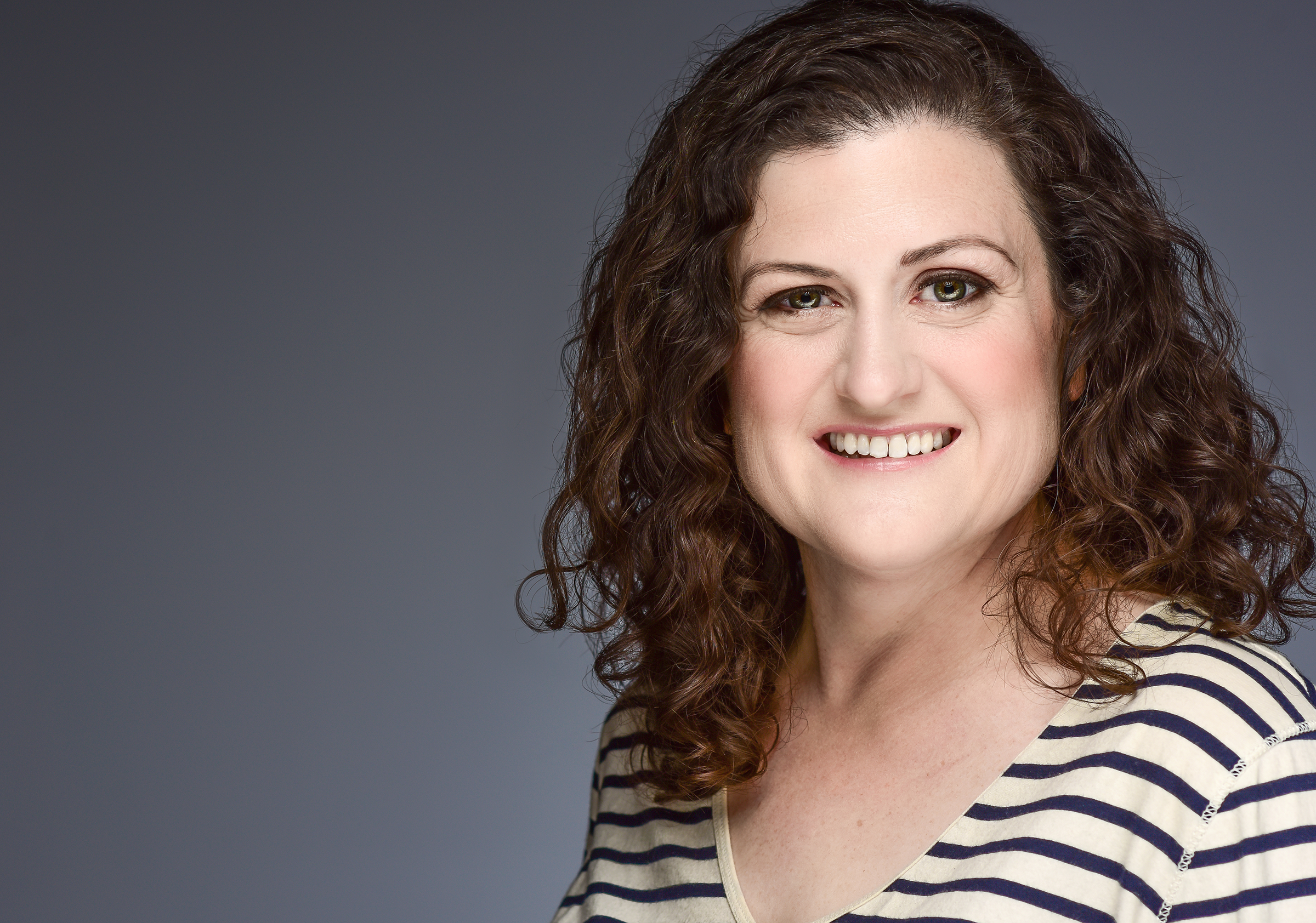Name: Jean Baur
Age: 71
College & Majors/Minors: Lake Forest College, English Major with Honors
Current Location: Connecticut
Current Form of Employment: Self-employed: writer and speaker
Where do you work and what is your current position?
I work from home and write books, and I also create and give presentations to a wide range of industry groups, from librarians to insurance executives.
Tell us about how you found your first job, and how you found your current job (if different).
My first really good job was working in NYC as a corporate trainer. I researched the company, found connections, and went after them until they hired me. I was hired to teach business writing, but soon also taught presentation skills. And then they asked me and one of the account executives to revise the writing program, which we did.
What was another writing-related job that was important in your career?
I worked as a freelance writer for many years and learned that I could write just about anything if I understood what was needed. I wrote for the food industry, Time Life Books, a small publisher, ETS, and so on. This gave me confidence and diverse opportunities.
What did you do in college to prepare for your post-grad life?
Not much. It was a tricky time as the war in Vietnam was raging and many of us were focused on social issues—stopping the war, race relations, poverty—without any real career path. I took the GREs, but knew I didn't want to go to grad school. It took me a long time to realize that my degree in English had prepared me for many types of work.
What is your advice for students and graduates with an English degree?
Take advantage of internships, and your career counseling office at your school. Don't worry about not knowing what you want as you'll discover that as you try out different jobs. For some, the job will simply be a way to make money so that they have time to write, while for others, the job itself matters more. Remember, every organization needs people who have what you have: great analytical skills, deep knowledge of human behavior and strong writing and editing skills. It won't be easy and your career path, like mine, may zig and zag a bit. But you'll never be bored and as long as you keep reinventing yourself, you'll be fine. I've been a corporate trainer, a creative writing teacher, a freelance writer, an author, a career coach, a florist, a mother, a therapy dog handler and a speaker. So much fun!


































































